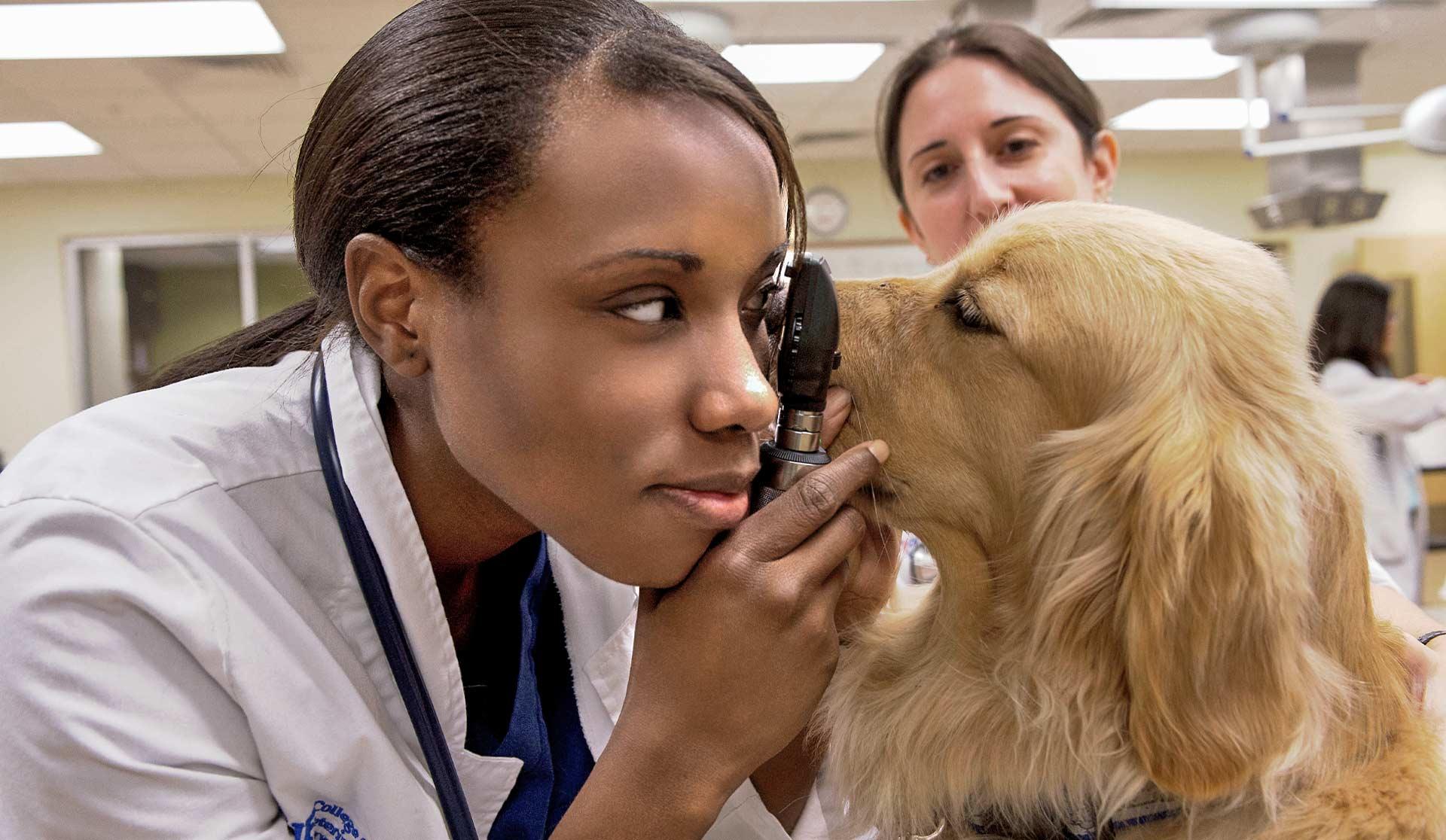Vaccination Guidelines From Your Relied On Vet
Inoculation guidelines given by your relied on veterinarian play a crucial function in safeguarding your pet dog's wellness and well-being. Furthermore, addressing usual false impressions surrounding vaccinations can even more boost family pet owners' confidence in these precautionary procedures.

Importance of Vaccinations
Vaccinations play an essential function in securing animals versus a variety of avoidable conditions. By promoting the immune system to recognize and battle particular virus, vaccines significantly reduce the occurrence of contagious diseases that can impact a pet's health and long life. Not only do vaccinations safeguard individual pets, however they additionally add to herd immunity, thus reducing the total occurrence of diseases in the pet population.
Prompt vaccinations help to mitigate the spread of diseases such as rabies, parvovirus, and distemper, which can have serious consequences for both humans and pet dogs. In addition, vaccinations are frequently a need for boarding centers, grooming solutions, and canine parks, making them necessary for those who wish to socialize their pets.

Core Vaccinations for Family Pets
While the specific vaccination demands of family pets can vary based on individual variables, core injections are universally advised to safeguard against one of the most significant and typical diseases (Veterinarian Enterprise). Core vaccinations are those deemed necessary for all pet dogs, despite their lifestyle or geographical location, as they secure against highly transmittable and potentially deadly ailments
For dogs, the core vaccines include those for canine distemper, parvovirus, adenovirus (hepatitis), and rabies. Adenovirus can result in liver disease, while rabies is a zoonotic condition that postures a risk to both animals and human beings.
In pet cats, core vaccinations include feline panleukopenia, feline calicivirus, feline herpesvirus (rhinotracheitis), and rabies. Feline panleukopenia is a very transmittable viral disease that affects the immune system and intestinal tracts. Calicivirus and herpesvirus are significant factors to top breathing infections in pet cats, while rabies continues to be a vital worry for public health and wellness.
Speak with your vet to guarantee your pets receive their core inoculations on timetable.
Non-Core Vaccines Explained
Non-core vaccinations are customized to attend to specific risks related to an animal's lifestyle, direct exposure, and atmosphere to specific diseases. Unlike core vaccinations, which are globally suggested for all family pets, non-core vaccinations are taken into consideration based on individual circumstances. These vaccines are specifically crucial for animals that may experience unique virus because of their geographical location, travel routines, or activities.
Examples of non-core injections consist of those for Bordetella bronchiseptica, which is linked to kennel coughing, and Lyme illness, triggered by ticks. Pets that regularly connect with various other pets, such as those in boarding centers, canine parks, or brushing atmospheres, may gain from Bordetella inoculation. If you live in an area where Lyme condition is prevalent, immunizing versus this illness can be a prudent choice for outdoor-loving pets.
Other non-core vaccinations may consist of those for leptospirosis, canine influenza, and feline leukemia, relying on the particular threat variables present. It is necessary to have a complete discussion with your veterinarian concerning your animal's way of life and the potential requirement for these vaccines, making sure a customized vaccination technique that finest safeguards your fuzzy buddy.
Inoculation Set Up Review

As animals develop, it is essential to abide by the advised booster Continued vaccinations. Pet Health Checkup. For grown-up pets, core vaccines are normally offered every one to 3 years, relying on the particular injection and regional regulations. Non-core injections might be suggested based on way of living elements and local condition frequency, necessitating a customized technique
Routine vet exams are crucial for upgrading vaccination schedules. Your veterinarian can supply assistance on one of the most ideal immunizations for your pet, factoring in age, wellness status, and environmental risks. By staying proactive and educated, animal owners can ensure their furry companions obtain timely and reliable inoculations, therefore protecting their health and health throughout their lives.
Usual Misconceptions Concerning Vaccinations
Misunderstandings about pet inoculations can bring about complication and unwillingness among pet dog proprietors regarding the booster shot process. One prevalent misconception is that vaccinations are unneeded for indoor animals. While it holds true that indoor animals face reduced dangers, they are not completely unsusceptible to illness, as microorganisms can be introduced through different means, including human garments and various other animals.
An additional misunderstanding is that vaccines can create the conditions they aim to stop. In fact, most vaccines have inactivated or attenuated virus, which can not trigger illness in healthy pets. Some animal owners also believe that their family pets should not be vaccinated if they are already healthy; however, inoculations are a positive procedure that aids protect against the onset of disease.
Furthermore, numerous family pet owners fear that vaccines will lead to long-term wellness difficulties. The benefits of vaccination-- shielding pets from possibly lethal conditions-- much exceed the dangers.
Conclusion
In summary, adherence to vaccination standards is crucial for making sure the health and long life of family pets. Resolving typical myths bordering inoculations better strengthens the importance of notified decision-making in animal care.
Not just do inoculations protect individual pets, however they likewise contribute to herd resistance, consequently lowering the total frequency of diseases in the pet populace.
False impressions regarding pet dog vaccinations can lead to confusion and hesitation among family pet owners relating to the booster shot procedure. While it's true that interior pet dogs face reduced risks, they are not totally the original source immune to illness, as virus can be introduced via various methods, consisting of human apparel and other family pets.
Some pet dog proprietors likewise think that their pets should not be immunized if they are currently healthy; nevertheless, vaccinations are an aggressive procedure that helps avoid the onset of disease.
The benefits of inoculation-- protecting pet dogs from possibly serious diseases-- much exceed the threats.